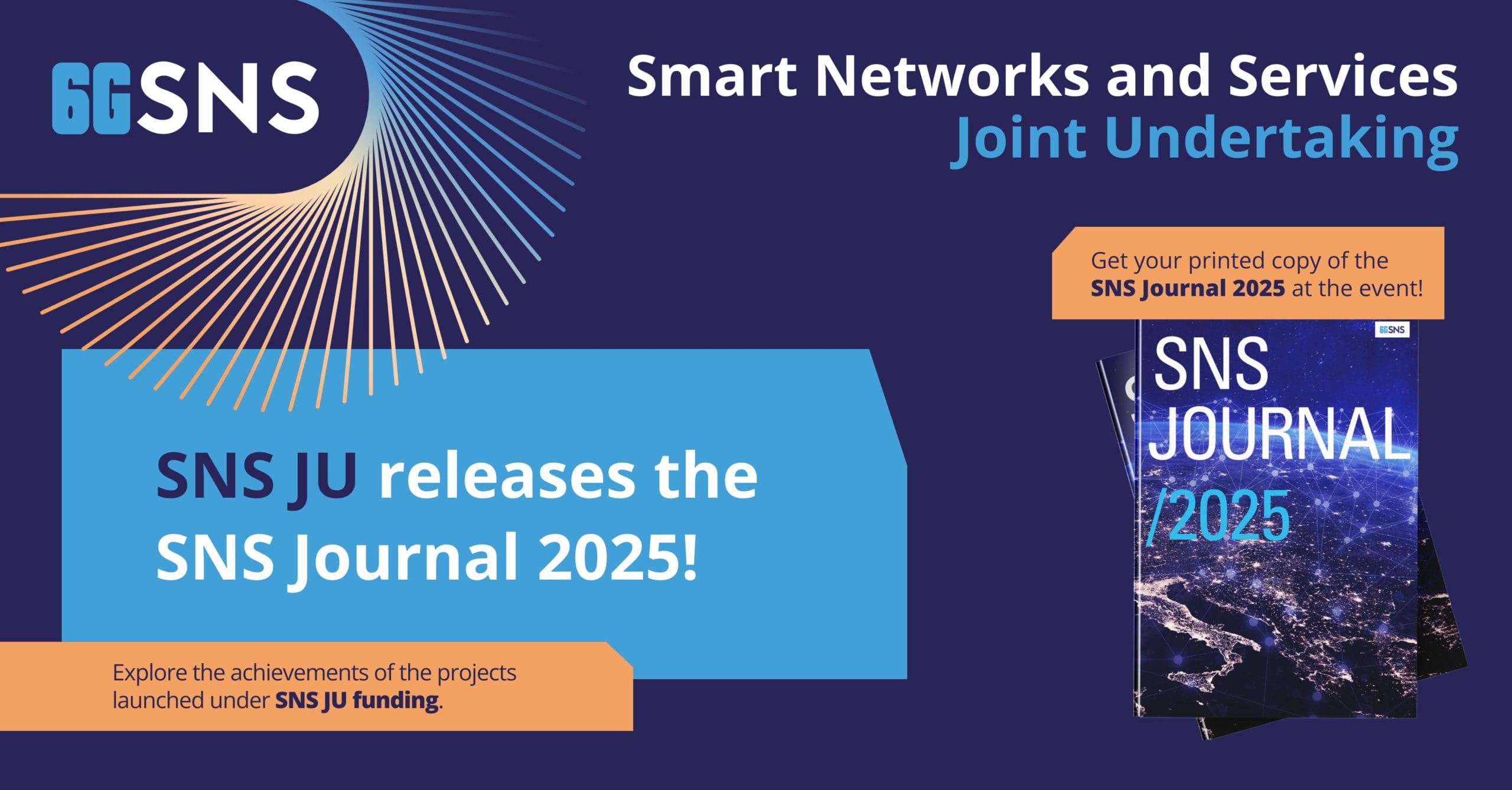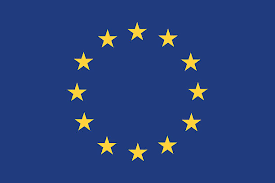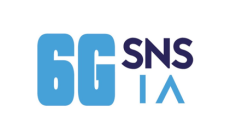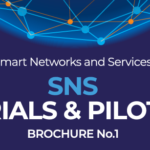The SNS Journal 2025: A Snapshot of Europe’s 6G Ambitions

The Smart Networks and Services Joint Undertaking (SNS JU) is pleased to announce the release of the SNS Journal 2025 – a comprehensive update on the progress, achievements, and collaborative momentum driving Europe’s next-generation connectivity.
This year’s edition offers in-depth insights into all 79 research, innovation, and trial projects funded through the SNS JU Calls.
Backed by nearly €500 million in EU funding, these projects are a testament to Europe’s ambition to lead in the global development of 6G technologies, while continuing to strengthen the rollout and enhancement of advanced 5G networks.
The SNS JU portfolio is now a strong reflection of collaboration across academia, industry, and the public sector. These efforts are not only shaping the technologies of tomorrow – they also support policy goals aimed at reinforcing Europe’s digital leadership in Smart Networks, Smart Services and 6G.
2024 Milestones: A Third Wave of Innovation
As we move further into 2025, Europe stands at a key moment in its digital transformation.
Developing future network technologies is no longer just a technical challenge – it’s a strategic priority that supports economic growth and societal progress.
In 2024, the SNS JU launched its third project call, selecting 16 new projects focused on:
- Advanced network infrastructure;
- Edge computing and cloud-native services;
- AI-driven network intelligence;
- Next-generation devices and components.
These projects are designed to strengthen Europe’s supply chain for advanced connectivity systems and lay the foundation for future 6G architectures.
Building on this momentum, the SNS JU closed 2024 with ten key milestones that reflect the programme’s growing impact and strategic progress:
- 79 projects were launched across three calls – 35 in 2023, 28 in 2024, and 16 in 2025 – with a total budget exceeding €500 million;
- The 6G standardisation study stage began in 2025, marking a key step towards shaping global 6G frameworks;
- EuCNC 2024 in Antwerp (Belgium) attracted over 1,000 delegates from more than 40 countries, alongside more than 50 exhibitors;
- At MWC 2024, the SNS JU hosted the “6G Horizon” session “Bridging Perspectives for a Sustainable Future”, highlighting its commitment to sustainability and global dialogue;
- A range of collaborative workshops, including the 6G series, strengthened synergies among SNS JU-funded projects;
- The 6G-IA drafted 28 Memoranda of Understanding (MoUs) with international partners, boosting global cooperation;
- Through 20 Open Calls, over 180 trials and pilots were launched, engaging more than 280 third-party participants;
- SMEs played an active role, with participation exceeding 20% across all SNS JU activities;
- The replicability initiative gained traction;
- Sustainability, inclusion, and cybersecurity are embedded at both the programme and project levels. This is reflected in dedicated White Papers, the work of the 6G-IA WiTaR (Women in Telecommunications and Research) Working Group, and the introduction of Key Values (KVs) and Key Value Indicators (KVIs).
A Glimpse Into the Future of Smart Networks and Services
In 2025, the Smart Networks and Services Joint Undertaking (SNS JU) officially announced its SNS JU Calls for Proposals 2025. This call includes Stream B, Stream C and Stream D, and allocates €128 million in EU funding to support research and innovation in 6G technologies, as outlined in the SNS JU R&I Work Programme 2025. Interested participants can submit proposals online until 18 September 2025.
This latest call builds on the momentum of the 80 projects selected under the SNS JU’s first three calls, and will collectively mobilise around €630 million EU funding investment, to advance research beyond 5G and into the emerging realm of 6G across Europe.
As Erzsébet Fitori – Executive Director of the SNS JU – mentioned “This Work Programme represents a crucial step in Europe’s journey towards 6G leadership”. She also added that “By bringing together European vertical industries, academia, and research institutions, we’re not just developing technology – we’re building Europe’s digital future with a focus on sustainability, security, and societal impact”.
The 2025 Work Programme marks a pivotal phase in Europe’s path towards 6G, reaffirming the EU’s commitment to technological leadership through collaborative, future-oriented innovation. Key highlights revolve around:
- Stronger emphasis on higher Technology Readiness Levels (TRLs) for critical technologies, alongside the exploration of disruptive, longer-term 6G innovations starting at lower TRLs;
- Support for the European Commission’s vision of Connected Collaborative Computing (3Cs) Networks, driving convergence across Telco, Edge, and Cloud ecosystems;
- Integration of terrestrial and non-terrestrial networks, including photonics systems and optical networks, into the broader 6G architecture;
- Focus on next-generation wireless communications, as well as AI, trust, security, reliability, and privacy-enhancing technologies;
- Strategic activities centred on microelectronics, particularly the development of Front End Modules (FEMs);
- Promotion of international cooperation on 6G between the EU and the US, under the framework of the EU-US Trade and Technology Council (TTC).
If you want to discover more about how these 79 projects are helping build a smarter and more connected Europe, we invite you to explore the SNS Journal 2025.
If you are attending the EuCNC & 6G Summit 2025, be sure to stop by Booth No. 1 to pick up a printed copy, or download the digital version from our website: https://smart-networks.europa.eu/wp-content/uploads/2025/05/sns-journal-2025-web-1.pdf





